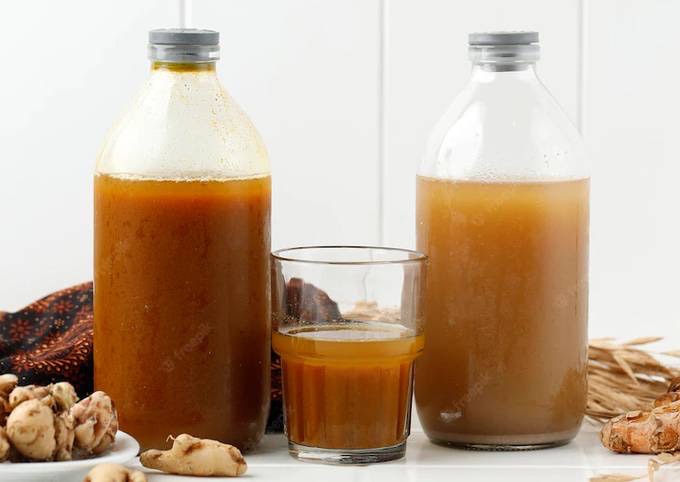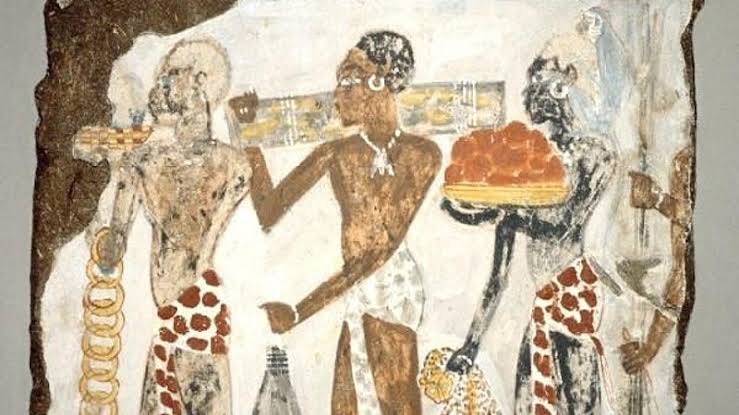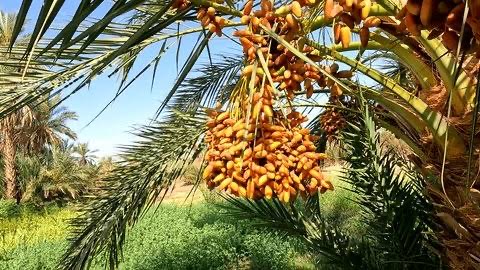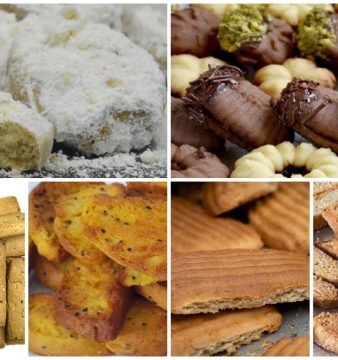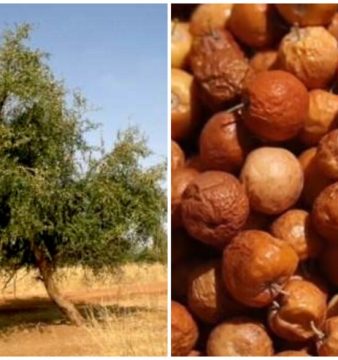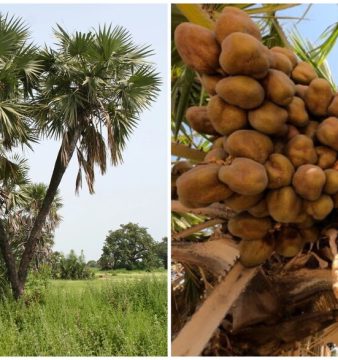Quenching Thirst the Sudanese Way: The Culture and History Behind Sharbot
Every year, as the festive spirit of Eid Al Adha fills the air and Sudanese families come together in celebration, one traditional, richly-spiced drink consistently finds its way to the table: Sharbot.
A cultural staple and the star of the show when it comes to Eid Al Adha beverages, Sharbot is a fermented drink traditionally made from dates as the main ingredient and infused with a fragrant mix of spices such as cardamom, cinnamon, and ginger. In recent years, some have added modern twists to this ancient recipe, incorporating flavours such as hibiscus and tamarind to give it a refreshing kick. However it may be prepared, Sharbot remains a symbol of celebration, heritage and togetherness among Sudanese people.
History and origins of Sharbot
It is believed that Sharbot originates from northern Sudan and has been passed down for thousands of years from the ancient Nubian civilaisation. Dr Abbas Ahmed Al Haj, a Sudanese scholar of ancient Sudanese history, attributes the origins of Sharbot to ancient Nubian kingdoms such as the Kingdom of Meroë in northern Sudan, an area of the country which is famous for its palm groves and harvesting of dates. Sharbot, he explains, was a well-known beverage among the Nubians and gradually became a widespread cultural tradition, now enjoyed across all of Sudanese society.
In an interview with Independent Arabia, Al Haj explained that ‘Sharbot was used as a date juice drink since the time of the Kingdom of Meroë, as a healthy drink with a high nutritional value. It was not fermented for more than three days, and in that form it was non-intoxicating. The people of the Kingdom of Meroë were known for their advanced food production skills and their deep knowledge of what they ate, how they prepared it, and its benefits.’
‘Northern Sudan remains well known today for its production of dates and its wide variety of date palms and groves. The people of that ancient kingdom developed this date juice, now known as Sharbot. In most cases, it is the method of preparation, the precision in measuring ingredients, and the duration of fermentation that determine whether the drink is considered prohibited or not, as prolonged fermentation can trigger chemical reactions that may result in a certain percentage of alcohol being produced,’ he added.
Controversy surrounding Sharbot
Every year, as Eid Al Adha approaches, the discussion surrounding Sharbot is resparked, as people debate whether or not it should be considered an intoxicant.
While Sharbot is typically consumed as a non-alcoholic drink, some choose to prepare it several days in advance, allowing the natural sugars from the dates to ferment further and produce a mildly alcoholic version of the beverage.
In Islam, any substance that intoxicates, whether in large or small amounts, is considered forbidden. Therefore, as Sudan is a conservative Muslim country, the practice of prolonged fermentation is frowned upon by some, as the resulting drink carries the potential for intoxication.
Health benefits
Since Sharbot is made using dates as its main ingredient, it carries many of the same health benefits. Rich in natural sugars, it provides a quick and sustained source of energy. Dates are also a great source of fibre, which helps with digestion and prevents constipation (particularly beneficial during Eid Al Adha, when meals tend to be heavy with meat).
In addition, dates are packed with essential minerals such as potassium, magnesium, and iron, which support heart health. The spices simmered with the dates, such as ginger and cinnamon, are known for their anti-inflammatory and immune-boosting properties.
Together, these ingredients make Sharbot a naturally nourishing drink with many health benefits. However, due to its high natural sugar content, those with diabetes should consume it in moderation.
The recipe
Serves: 5
Ingredients:
- 1 kg pitted dates
- 2 litres of water
- 1 tablespoon fresh ginger
- 2 cinnamon sticks
- 1 tablespoon cardamom pods
- 1 galangal root
- Hibiscus (optional)
- Tamarind (optional)
Instructions:
- Place your dates into a large, deep pot along with the ginger, cinnamon sticks, cardamom pods, and galangal root. Add 2 litres of water to cover the ingredients. For additional flavour, add hibiscus and tamarind.
- Bring the ingredients to a gentle boil, then reduce the heat and simmer for around 30 minutes, until the dates are completely soft and the spices are well infused.
- Turn off the heat and let the mixture cool for about 30 minutes. Once it has cooled, strain the liquid through a sieve.
- Leave the Sharbot to sit out at room temperature for the rest of the day (not exceeding 24 hours) to allow the flavours to develop, then refrigerate it until ready to serve.
- Serve the Sharbot cold, over ice.
Khansa Al Bashier is a 25-year-old recent medical school graduate exploring her passion for writing and story-telling alongside a deep interest in Sudanese culture, history, and politics.

